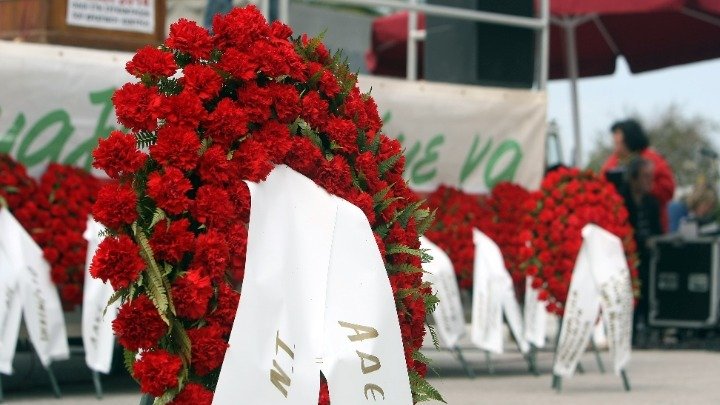
Central European Morning Report: "Historical and Political Milestones in Greece and Romania"
Labor Day Celebrations in Greece Marked by Historical Struggles and Tragedies:
Today marks the 131st anniversary of the first Labor Day celebration in Greece, which was held in Athens in 1893. Since then, the holiday has been a significant part of Greece's history, representing not only the defense of workers' rights but also the fight for freedom and against foreign dominance.
The first celebration in Athens was led by Stavros Kallergis, head of the Central Socialist Association. Demonstrators demanded an 8-hour workday, a Sunday rest day, and pensions for work accident victims. Kallergis's efforts met resistance, leading to his arrest and brief imprisonment.
In the following years, Labor Day was observed annually. The most tragic event occurred in 1936 during the tobacco workers' protests in Thessaloniki, where twelve people died due to intervention by security forces. The grief of a mother mourning her son's death inspired the poet Yiannis Ritsos to write "Epitaphios."
On May 1, 1944, the Nazi occupation carried out one of its most infamous acts in Greece. In retaliation for the killing of a German military governor, the Nazis executed 200 communists at the Kaisariani Shooting Range in Athens.
Despite challenges during the post-war period and the junta regime in 1967, May Day events have continued to symbolize Greece's long-standing struggles for workers' rights and freedom.
Romanian Electoral Bureau Releases Guidelines for 2024 European Parliament and Local Elections:
The Central Electoral Bureau (BEC) of Romania announced its decision regarding electoral alliances for the 2024 European Parliament elections and local public administration elections. In a press release on April 30, 2024, the BEC clarified guidelines for alliances that include parties with members who served in the European Parliament at the beginning of the electoral period.
According to the decision, electoral alliances in the 2024 European Parliament elections, which include at least one party that had members in the European Parliament at the start of the electoral period, will be represented by one member in the Electoral Bureau for Overseas Voting Sections, regardless of the number of political parties involved.
The BEC's decision follows requests for clarification and is based on the provisions of the Government Emergency Ordinance no. 21/2024, aiming to ensure fair representation and transparency in the upcoming elections. This decision plays a crucial role in determining how electoral alliances operate and are represented in the 2024 elections.






















